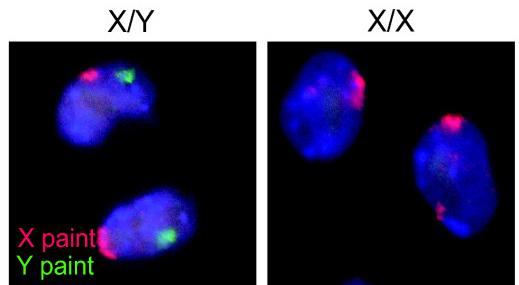
Nick Norwitz
Nick Norwitz is a Harvard medical student and researcher with a PhD in metabolic health. He is known for his passion for science communication and recently gained attention for debunking eight myths surrounding the carnivore diet in a video, where he highlighted both the potential benefits and misconceptions associated with this controversial dietary approach.
Global Media Ratings
Countries Mentioned
| Country | Mentions | Sentiment | Dominance | + Persistence | x Population | = Reach | x GDP (millions) | = Power |
|---|---|---|---|---|---|---|---|---|
| United States | 1 | 7.00 | 0.05% | +0% | 331,002,651 | 157,771 | $21,000,000 | 10,010$ |
| Totals | 1 | 331,002,651 | 157,771 | $21,000,000 | 10,010$ |
Interactive World Map
Each country's color is based on "Mentions" from the table above.
Recent Mentions
 United States:
Harvard researcher Nick Norwitz explores the benefits and risks of consuming large quantities of different types of fruit.
7
United States:
Harvard researcher Nick Norwitz explores the benefits and risks of consuming large quantities of different types of fruit.
7
 United States:
Harvard medical student Nick Norwitz reveals the science behind his food experiment, in which he consumed 133,000 mg of dietary cholesterol.
7
United States:
Harvard medical student Nick Norwitz reveals the science behind his food experiment, in which he consumed 133,000 mg of dietary cholesterol.
7
 United States:
Dr. Nick Norwitz, a study leader and independent researcher at the University of Oxford, discusses the surprising findings of a new study on the link between ketogenic diets and heart disease risk.
8
United States:
Dr. Nick Norwitz, a study leader and independent researcher at the University of Oxford, discusses the surprising findings of a new study on the link between ketogenic diets and heart disease risk.
8
 United States:
Harvard medical student Nick Norwitz reveals the science behind his food experiment, in which he consumed 133,000 mg of dietary cholesterol.
7
United States:
Harvard medical student Nick Norwitz reveals the science behind his food experiment, in which he consumed 133,000 mg of dietary cholesterol.
7
 United States:
Nick Norwitz criticized the oversimplification of clustering individuals based on their diet.
4
United States:
Nick Norwitz criticized the oversimplification of clustering individuals based on their diet.
4
 United States:
Dr. Nick Norwitz, M.D., PhD, a Harvard-educated clinical researcher and metabolic health educator, acknowledged that the study shows a 'relatively consistent association' between higher processed meat intake and worse health outcomes.
6
United States:
Dr. Nick Norwitz, M.D., PhD, a Harvard-educated clinical researcher and metabolic health educator, acknowledged that the study shows a 'relatively consistent association' between higher processed meat intake and worse health outcomes.
6
 United States:
Dr. Nick Norwitz, a study leader and independent researcher at the University of Oxford, discusses the surprising findings of a new study on the link between ketogenic diets and heart disease risk.
7
United States:
Dr. Nick Norwitz, a study leader and independent researcher at the University of Oxford, discusses the surprising findings of a new study on the link between ketogenic diets and heart disease risk.
7
 United States:
Harvard medical student and researcher Nick Norwitz recently released a video in which he debunked eight myths surrounding the carnivore diet.
7
United States:
Harvard medical student and researcher Nick Norwitz recently released a video in which he debunked eight myths surrounding the carnivore diet.
7
 United States:
Dr. Nick Norwitz, a study leader and independent researcher at the University of Oxford, discusses the surprising findings of a new study on the link between ketogenic diets and heart disease risk.
7
United States:
Dr. Nick Norwitz, a study leader and independent researcher at the University of Oxford, discusses the surprising findings of a new study on the link between ketogenic diets and heart disease risk.
7
 United States:
Researcher Nick Norwitz reveals the science behind his food experiment.
5
United States:
Researcher Nick Norwitz reveals the science behind his food experiment.
5